Faculty
Meet Our Core UConn Counselor Education Faculty Members.
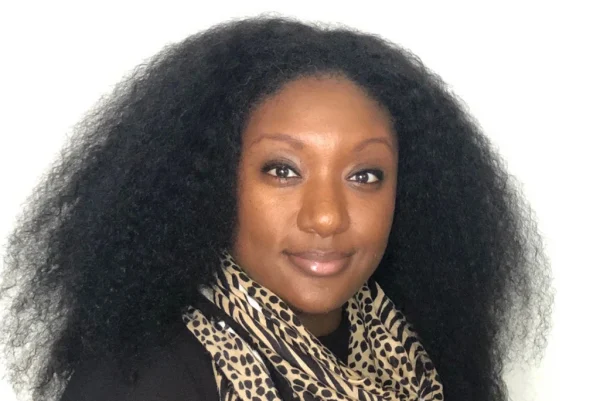
Dr. Diandra Prescod
Diandra J. Prescod, an Associate Professor in UConn’s Neag School of Education, serves as Program Coordinator of the Counselor Education master’s, sixth-year, and Ph.D. programs. She is a Licensed Professional Counselor (LPC) with over a decade of experience and is an Approved Clinical Supervisor, National Certified Counselor, and Certified Career Services Provider. Among many counseling facets, Dr. Prescod’s research interests focus on career development retention interventions for STEM undergraduate students and underrepresented students in higher education. She is very engaged in professional organizations, having served on the boards for the European Branch of the American Counseling Association, the National Career Development Association, and the Pennsylvania Career Development Association. Dr. Prescod was recently elected as the President Elect for the Connecticut Career Counseling and Development Association. She regularly contributes to the field of Counselor Education, presenting research nationally and internationally, and has over $3 million in external funding. Dr. Prescod teaches EPSY 5320: Critical Issues in School Counseling and EPSY 5310: Facilitating Career Development.
Email: diandra.prescod@uconn.edu
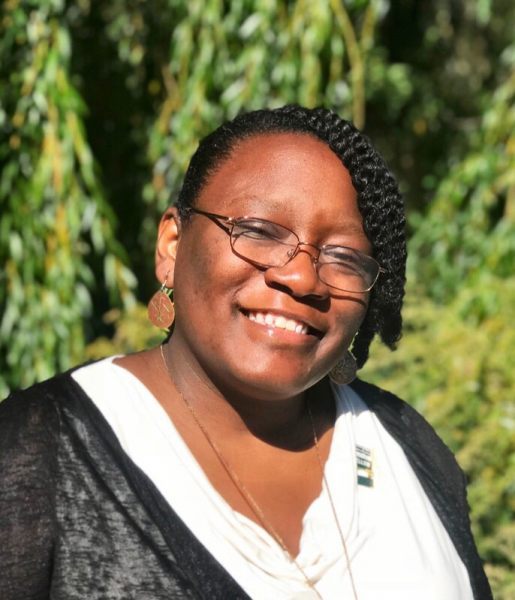
Dr. Latoya Haynes-Thoby
An Assistant Professor of Counselor Education at the University of Connecticut, Dr. Latoya Haynes-Thoby research is focused on counseling in terms of trauma resilience, thriving after trauma, and counselor development. With a strong understanding of the specific factors playing into counseling those having experienced trauma, Dr. Haynes-Thoby is enthusiastic in the development of current counselors to refine their skill sets within this ever-important subset of counseling. As a leader and mentor, Latoya is a pivotal resource for those seeking their next step in counselor career roles. Dr. Haynes-Thoby’s is a trusted contributor to organizations and professional journals, among them, the National Career Development Association and Journal of Counselor Preparation and Supervision.
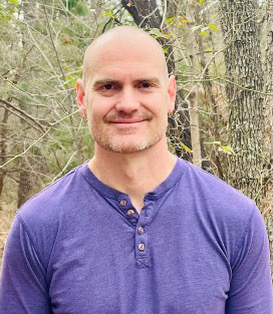
Dr. Matthew Lemberger-Truelove
Dr. Matthew Lemberger-Truelove is a Professor and the Letitia Neag Morgan Endowed Chair in the Department of Educational Psychology. He also holds a service appointment as the Associate Director of the Center for School Counseling Outcome Research and Evaluation (CSCORE) at the University of Massachusetts. Dr. Lemberger-Truelove previously served as editor of the Journal of Humanistic Counseling and later completed two terms as editor of the Journal of Counseling and Development, the flagship journal of the American Counseling Association. Currently, he serves as inaugural editor of Counseling Scholarship & Practice in Educational Communities and he is a Fellow of the American Counseling Association. His scholarly works includes two books, more than 80 journal articles, and almost $7 million in grants and contracts. His research primarily considers the implementation and effectiveness of culturally responsive interventions designed to support PreK–12 students, educators, and their families. Prior to his work in universities, he worked as a school counselor, community counselor, and early childhood educator and administrator.
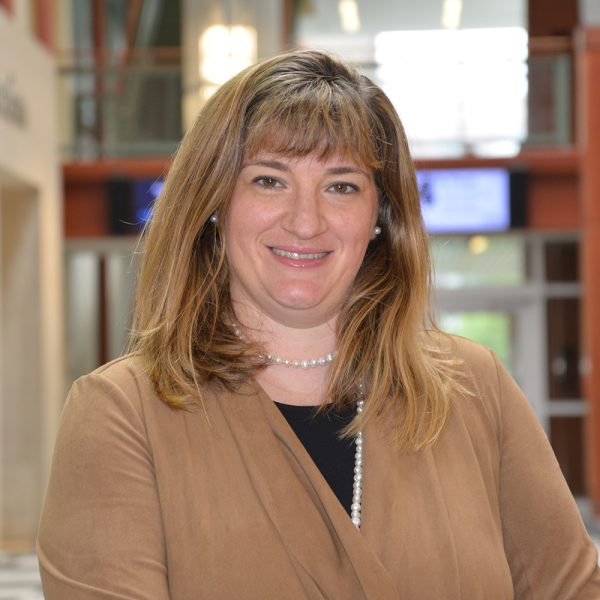
Dr. Sara Renzulli
Dr. Sara Renzulli is an Assistant Professor in Residence within UConn’s Department of Educational Psychology, Neag School of Education. At the intersection of counseling, counselor education, special needs counseling and Twice-Exceptionality, Dr. Renzulli is an expert in the application of counseling techniques in terms of adolescent intervention, self-regulation, and characteristics of gifted learners both in and out of the classroom. Sara teaches graduate courses in counseling and counselor education and her career is deeply rooted in working with K-12 students. Sara’s research interests include the meshing of counseling paired with a broad range of topics ranging from the leadership roles of school counselors through to the social and emotional challenges faced during college transitioning. Sara is also the lead faculty and Program Manager of UConn’s Licensed Professional Counselor (LPC) Online Graduate Certificate.
Email: LPCCertificate@uconn.edu
Emeriti Faculty
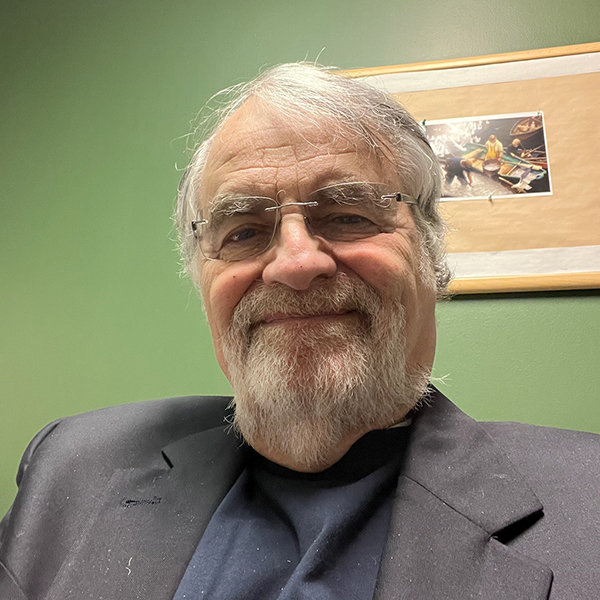
Dr. Orv C. Karan
Professor Emeritus Orv C. Karan retired in 2014 after being a member of the Educational Psychology faculty for 26 years. Prior to that, he was a senior scientist at the University of Wisconsin-Madison. He came to UConn in 1988 as the Director of Connecticut’s University Affiliated Program, now known as the Pappanikou Center. He’s held professorial appointments in special education, counseling, and school psychology and has over 100 peer-reviewed publications and presentations. He became the coordinator of the counseling program in 1998. Under his leadership it was accredited by CACREP. He has held several state and national service roles including the VP of the VR Division of the American Association of Intellectual Disabilities; a member of the CT Council on Developmental Disabilities; the State Council on Special Education; and co-chair of the State Task Force to Study the Needs of Adults with Intellectual Disabilities. He was an invited guest at two White House Presidential initiatives, and he’s been a program consultant across the U.S. as well as internationally in Italy, Romania, Malaysia, Saudi Arabia, and Canada. One of his proudest achievements began as a pilot project in 1989 within the Educational Psychology department. He and co-founder Pam DonAroma built this into what became Futures, Inc., a private nonprofit company serving individuals with disabilities, their families, and the systems that serve them. Dr. Karan is the chairman of its board. One of its five divisions is Futures School, the first and still the only state-approved private individualized services program in the country, now in its 30th year of operation. It also serves as a research, training, and practice site for UConn graduate students. Dr. Karan is its Director of Clinical Services, and he still serves on several doctoral committees within the Neag School of Education in areas of his expertise.
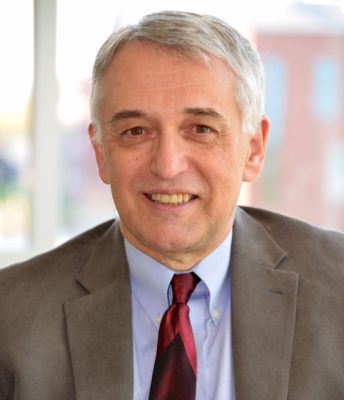
Dr. James O’Neil
James M. O’Neil, Ph.D. is Professor Emeritus in the Department of Educational Psychology at the University of Connecticut and was a licensed psychologist in private practice in South Windsor, Connecticut from 1984-2021. He taught at UConn from 1982-2025. In 1975, he received his doctorate from the Department of Counseling and Personnel Services at the University of Maryland. He is a fellow of the American Psychological Association in Divisions 17, 35, 43, 51, 52, & 56. He is one of the founding members of the Society for the Psychological Study of Men and Masculinity (SPSMM), Division 51 of the American Psychological Association. SPSMM named him Researcher of the Year in 1997 for his 20-year research program on men’s gender role conflict.
His research programs relate to men and masculinity, gender role conflict, psychology of men and women, and violence and victimization. He is the author of the Gender Role Conflict Scale, a widely used measure of men’s conflict with their gender roles. His book (with Michele Harway) “What Causes Men’s Violence Against Women?” (Sage, 1999) has been translated into both Japanese and Korean and his most recent book “Men’s Gender Role Conflict: Psychological Costs, Consequences, and an Agenda for Change” was published by the American Psychological Association in 2015. He has published three books and over 150 journal publications and book chapters. In 1991, he was awarded a Fulbright Teaching Scholarship by the Council for International Exchange of Scholars, to lecture in the former Soviet Union. He lectured at Moscow State Pedagogical University from February through April, 1992, on such topics as psychological counseling, psychology of gender roles, and victimization/trauma. In 1995, he was awarded Teaching Fellow status by the University of Connecticut for his outstanding excellence and dedication to the university teaching profession. In August, 2008, he received the Distinguished Professional Service Award from Division 51 of the American Psychological Association for his 25 year research program on men’s gender role conflict and his advocacy for teaching of the psychology of men in the United States. He has advocated for professional activism with gender role and social justice issues throughout his 50 years as a counseling psychologist.
Dr. O’Neil’s gender role conflict research program can be accessed by visiting the links below: